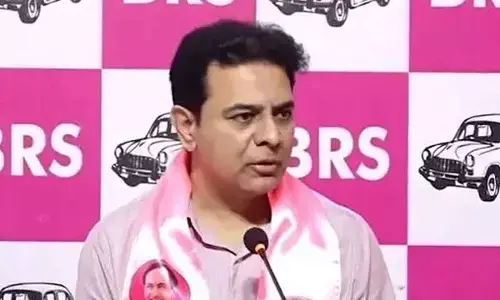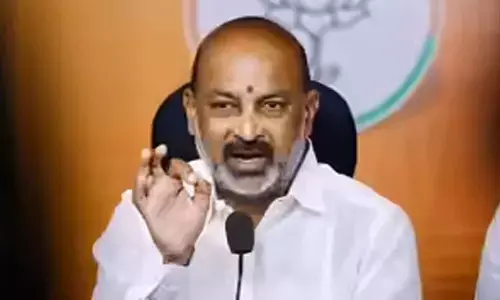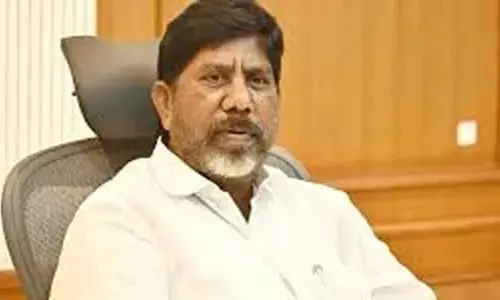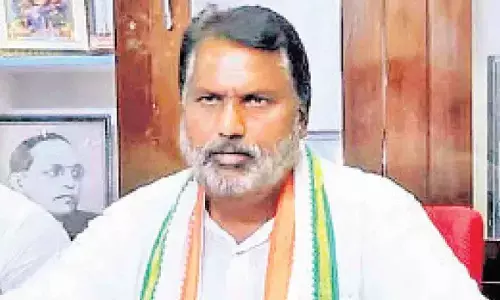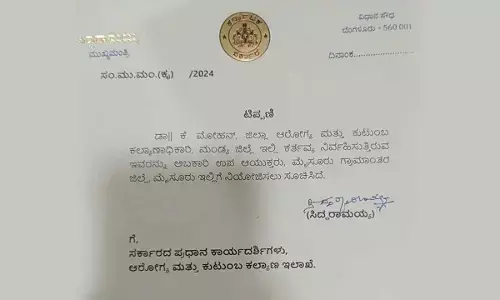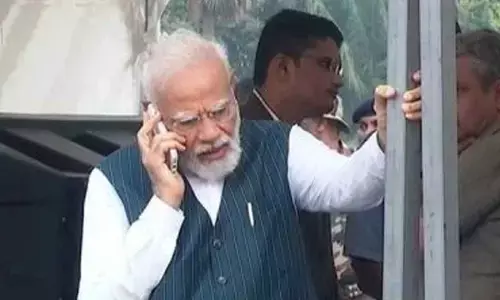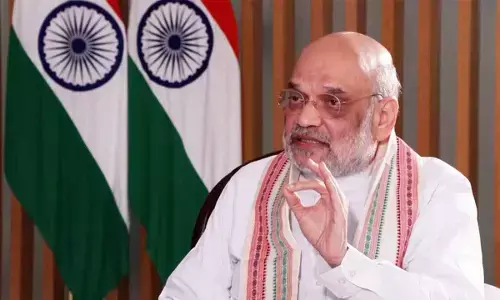To err is human, but not always

To err is human, but not always
Recently I purchased a small drilling machine. The price on the pack was Rs 3,200. The shopkeeper offered to give the machine for Rs 2,600. I purchased the machine for Rs 2,600 and was happy that I had a good bargain.
I came back to my house and checked the cost of the same machine on an e-commerce website. The price for the machine quoted on the website was Rs 1,990. This is a transaction based on 'anchoring bias'.
The Rs 3,200 price on the pack acted like an anchor and I could not visualise that the price of the machine can go far below its listed price. Many a times, when we take purchase decision our minds fall for the anchoring bias making us lose money.
In his book 'The Art of Thinking Clearly', Swiss author, Rolf Dobelli lists 99 thinking errors we make. Some of them are: survivorship bias, halo effect, false casualty, confirmation bias, social proof, sunk cost fallacy etc.
Of all the biases, the confirmation bias plays out more often. It is the propensity of us to alter contrary information to agree with our existing beliefs and convictions. If somebody likes a leader and his friend reveal some uncharitable facts about the leader, he will ignore them and continue to adore his leader.
The common point that jumps out from all our thinking errors is our inability to think rationally. The paradoxical point is that we consider ourselves as the most rational of species but most of our actions are irrational. Throughout our history, hundreds of wars were fought.
All wars bring destruction and loss of life both for the winner and the loser. More often, the winner will not achieve any of the objectives he fought the war for. There is an emotional basis for our errors in thinking. Most of our decisions are made by our emotional brain.
Daniel Kahneman, a psychologist cum economist, who won the Nobel Prize in Economic Sciences in 2002 calls the working of the emotional brain as system 1 thinking. System 1 thinking is coming to conclusion quickly based on available and limited information. When decisions are made quickly without much thought errors are bound to occur.
There is a physiological reason for the quick thinking of our emotional brain. In the animal world, to which we also belong to, energy is scarce. Every animal wants to conserve energy to survive.
The proportion of the weight of human brain is 2% of total weight of the human body, but it needs 20% off the energy the human body produces. The human brain has to be frugal, not to spend too much energy if it is not to deprive other parts of the body of their share of energy. It frequently resorts to quick thinking to limit energy expenditure.
There is a practical reason too why we employ our emotional brain most of the time. In our everyday life, we have to take hundreds of decisions on all and sundry. If we sit over a small matter thinking for hours, life will not be just possible.
However, we need to know that our mind is an easy prey to various biases, and we should guard against these biases to avoid costly mistakes. There will be occasions when we have to set aside our emotions and think matters out.
If it is a purchase of a house, choosing a job, marrying life partner, a big financial investment, health issue or any issue with a large stake, we have to spend time to collect lots of information, think rationally and take different opinions from others so that we do not make thinking errors.
We may diligently gather all relevant information. We may employ resources and take time to plan and execute a decision. Tons of information and a lot of time spent on executing a decision is no sure way to guarantee success. Black Swan events occur suddenly when we least expect them, and they can smash our well-laid out plans to smithereens.
We can take precautions to avoid errors, but errors do occur. The brightest people make mistakes. Errors make human life challenging and exciting.
If we make a mistake, next time we have to learn to avoid similar mistakes and that is a challenge. If we improve upon the mistakes, it will be an exciting work. To err is human and it is also human to avoid errors.
(The writer is a retired IAS officer based in Hyderabad)


